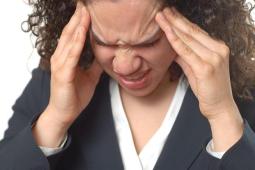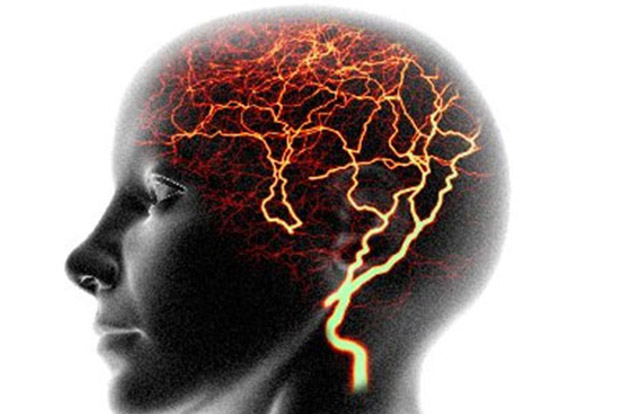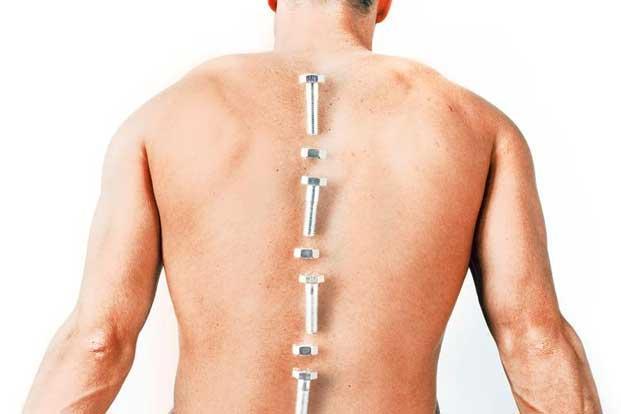Categories
- Bariatric Surgery (11)
- Black Fungus (5)
- Bone Marrow transplant (3)
- Brain Tumor Surgery Navigation Technology (20)
- Cardiac Surgery (66)
- Cardiology (97)
- Computer navigation technology for joint replacements (20)
- Covid Vaccination (17)
- Critical Care (2)
- Dental (19)
- Dermatology (31)
- Dialysis Support Group - “UTSAAH” (11)
- Dietitian (33)
- Emergency Medicine (4)
- Emotional Health (11)
- Endocrinology (33)
- ENT (20)
- Gastroenterology and GI Surgery (53)
- General and Laparoscopic Surgery (21)
- General Surgery (4)
- Gynecology & Obstetrics (183)
- Hematology (20)
- Internal Medicine (294)
- Kidney Transplant (50)
- Kidney Transplantation (20)
- Lung Cancer (8)
- Minimal Invasive Surgery (1)
- Mother & Child (20)
- mucormycosis (5)
- Nephrology (61)
- Neurology (147)
- Neurosurgery (68)
- Nutrition and Dietetics (107)
- Omicron Variant (1)
- Oncology (288)
- Ophthalmology (10)
- Orthopaedics & Joint Replacement (86)
- Paediatrics (59)
- Pediatric Nephrology (3)
- Physiotherapy (5)
- Plastic & Reconstructive Surgery (6)
- Psychiatry and Psychology (90)
- Psychologist (28)
- Pulmonology (72)
- Rheumatology (13)
- Spine Services (21)
- Transradial Angioplasty (16)
- Urology (84)
Query Form
Posted on Apr 19, 2022
What are the long term effects of a Stroke?
A stroke can cause permanent loss of function. The long-term effects of a stroke depend on which part of the brain was damaged and by how much. Early treatment and rehabilitation after stroke can improve recovery and many people regain a lot of function.

The most common types of disability after stroke are impaired speech, restricted physical abilities, weakness or paralysis of limbs on one side of the body, difficulty gripping or holding things, and a slowed ability to communicate.
If you are living in a household after a stroke, the types of people who can help you and your carers with recovery and long-term effects of the stroke include:
- Community healthcare professionals – such as your doctor, physiotherapists, occupational therapists, speech therapists and counselors
- Community services – home help and respite care
- Peer support groups.
Emotional and personality changes after stroke
If you have suffered a stroke, it is common to have changes in your mood and personality. Some emotional changes may be caused by damage to the brain from the stroke, but you can also experience a range of emotions, as well as depression, as a response to the change in your situation.
Depression is common in the first year after a stroke, but it is particularly common in people who have trouble understanding, finding words and communicating (aphasia) after a stroke.
Changes to thinking, memory, and perception after stroke
A stroke can change your thinking and memory, and also how you see, hear and feel the world. This can affect how you feel about yourself, your family and friends.
Thinking and memory skills are also known as cognitive skills. Cognitive skills can be affected by your emotional state or tiredness, but a stroke can also cause different cognitive changes, including your:
- Ability to learn new skills
- Ability to plan
- Ability to problem solve
- Attention – being able to concentrate and focus
- Orientation – knowing the day and time
- Short-term memory – knowing what happened recently.



